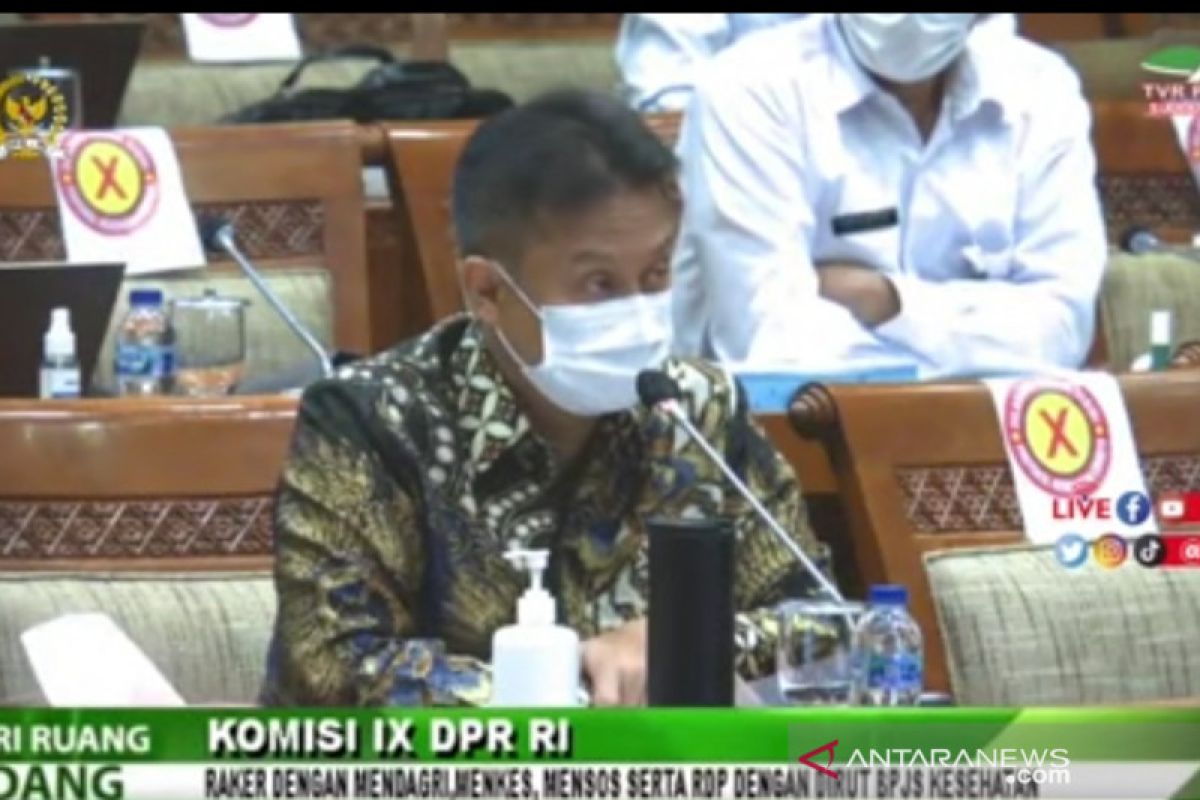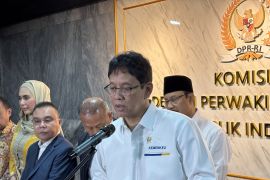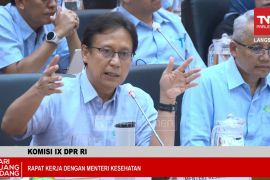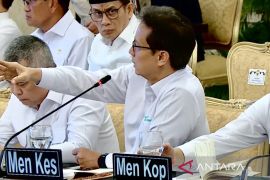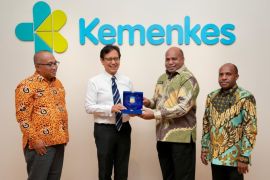The financial help from individuals, SOEs, and private sectors will reduce the burden on the government to increase the coverage of JKN participants in the futureJakarta (ANTARA) - Health Minister Budi Gunadi Sadikin has asked individuals, state-owned enterprises (SOEs), and the private sector to help fund the expansion of National Health Insurance (JKN) coverage.
"The financial help from individuals, SOEs, and private sectors will reduce the burden on the government to increase the coverage of JKN participants in the future," Sadikin said at a hearing meeting on integrated social welfare data with the House of Representatives (DPR) on Wednesday.
"Out of a total of 268 million people in Indonesia, 214 million have become participants in the (JKN) program. There are 54 million people left who have not yet received JKN protection," the minister said.
At least 120 million people in Indonesia have received government-subsidized healthcare, Sadikin noted. The subsidy for 83.54 million people was funded by the central government budget as of October 2021, while the subsidy for 36.92 million people was funded by the regional government budget, he informed.
The remaining 94 million participants comprised 58.9 million wage workers, 31 million non-wage workers, and 4.37 million non-employees, he said.
"This data illustrates that there is still room to increase JKN coverage since there are 54 million people who have not been covered," Sadikin noted.
Related news: Pandemic opportunity to improve global health system: minister
Most of the JKN financing is sourced from the central and regional governments, he added.
Therefore, the role of individuals, SOEs, and the private sector in financing health services is expected to help the government fund JKN coverage, the minister said.
Related news: Health Ministry reviewing antivirus medicines besides Molnuvirapir
During the meeting, member of DPR's Commission IX, Anas Thahir, said that the 54 million people who have not been registered for JKN form quite a large group.
"Especially, if it consists of the lower middle class. Of course, that group of people need health insurance from the government," Thahir added.
He pointed out that the government needs to regulate its strategy to increase more participants in the JKN program, especially those who come from the lower middle class.
Related news: Mount Merapi emits incandescent lava 15 times
Related news: BI upbeat about economic growth of 4.7-5.5 percent in 2022
Translator: Andi Firdaus, Resinta S
Editor: Fardah Assegaf
Copyright © ANTARA 2021
